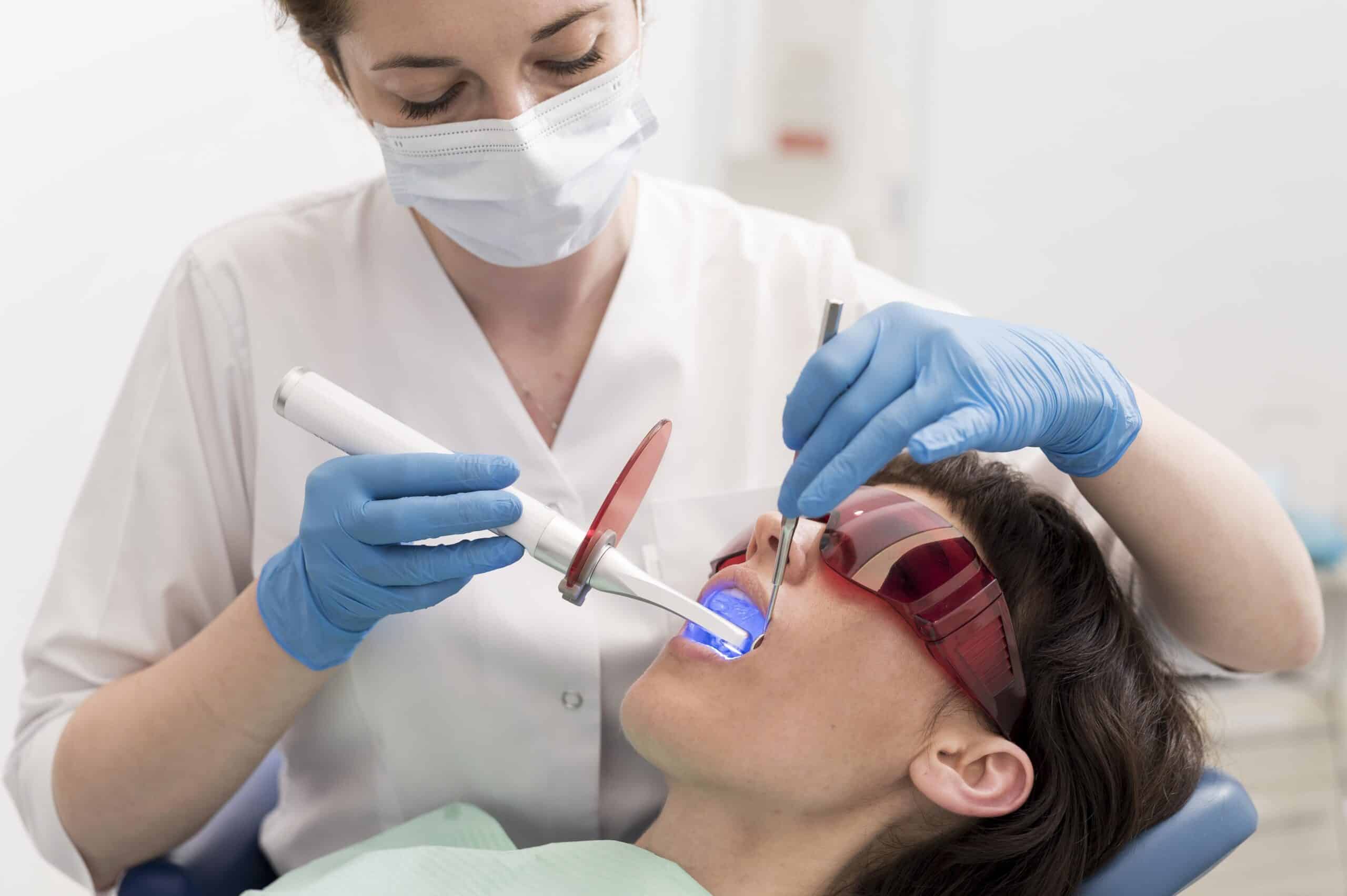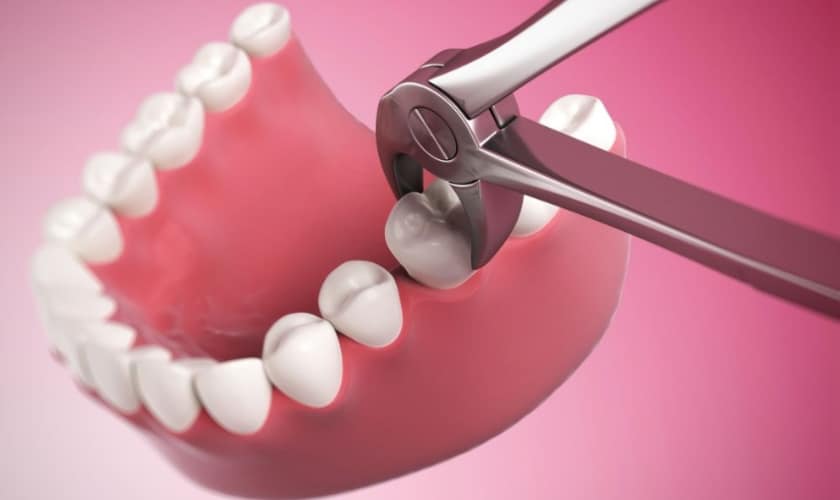ONLINE SCHEDULING AND VIRTUAL CONSULTS AVAILABLE

10 Things You Must Know Before Getting Your Wisdom Teeth Removed

You’ve been through your fair share of dental check-ups, but now the time has come for a more complex procedure – wisdom teeth removal. It’s a common rite of passage, and while it’s not the most glamorous experience, being well-informed can make all the difference. If you’re looking for wisdom teeth extraction in Plantation, FL, then for preparing for this dental milestone, here are ten essential things you must know before getting your wisdom teeth removed.
1. Be The First One
Dental care is paramount, and the removal of wisdom teeth is often recommended in the late teens to early twenties. Early removal can prevent potential issues, such as impaction or damage to adjacent teeth. Consulting with your dentist sooner rather than later is key to understanding the best course of action for your unique situation.
When it comes to wisdom teeth extraction in Plantation, if you are the first one then you will be in huge significance. Dental care is not just a necessity; it’s a proactive approach toward maintaining lifelong oral health. As a resident, understanding the importance of addressing wisdom teeth early on can save you from potential complications down the road.
Wisdom teeth, also known as third molars, typically begin to emerge in the late teens to early twenties. It’s during this time that dentists often recommend removal, even before any noticeable issues arise. The logic behind this proactive approach is rooted in preventing potential problems that can accompany the growth of wisdom teeth.
If left unattended, wisdom teeth can become impacted, meaning they don’t have enough space to emerge properly. This can lead to various issues, including pain, swelling, and potential damage to adjacent teeth. By addressing the situation early, your Plantation, FL, dentist can assess the development of your wisdom teeth through X-rays and examinations.
2. Not All Wisdom Teeth Are Created Equal
Your wisdom teeth, also known as third molars, can be tricky. Some people may have all four, while others might only develop a couple – or none at all. The number and position of your wisdom teeth can impact the complexity of the removal procedure. X-rays and thorough examinations by the dentist will reveal the specifics of your situation.
3. The Art of Preparation
Before the big day, your dentist will provide a set of pre-operative instructions. This may involve fasting for a certain period, arranging for transportation as anesthesia is often involved, and preparing a comfortable recovery space at home. Following these guidelines diligently ensures a smoother experience and minimizes potential complications.
4. Anesthesia Options: Local vs. General
The level of anesthesia you’ll receive depends on the complexity of the extraction and your comfort. Local anesthesia numbs the specific area, ensuring you’re awake during the procedure. General anesthesia, on the other hand, induces a temporary state of unconsciousness. Discuss these options with your oral surgeon to choose what suits you best.
5. Post-Op Care: The Road to Recovery
Recovery is a crucial phase, and how you care for yourself post-surgery plays a significant role. The dentist will provide detailed instructions on managing pain, swelling, and potential complications. Stock up on soft foods, avoid strenuous activities, and, most importantly, don’t skip those prescribed pain medications.
6. The Swelling Dilemma
Swelling is a common side effect of wisdom teeth removal, but fear not – it’s temporary. Applying an ice pack to the affected area during the initial 24 hours can help alleviate swelling. Beyond that, warm compresses may aid in a speedier recovery. Remember, patience is key in both the healing process and the unpredictable weather.
7. Say No to Straws
Sipping on a straw may seem innocent, but it can lead to complications post-surgery. The suction motion required when using a straw may dislodge blood clots, increasing the risk of a condition known as dry socket. Opt for the tried-and-true method of sipping directly from a cup during your recovery.
8. Soft Diet Delights
Embrace the softer side of dining during your recovery. Foods like mashed potatoes, yogurt, and soup will be your best friends. Your dentist might recommend avoiding spicy, hot, or crunchy foods to ensure a smooth healing process. Remember, nourishing your body aids in a quicker recovery.
9. Follow-Up Visits Matter
Postoperative appointments are not to be skipped. Your dental surgeon will monitor your progress, remove any stitches if necessary, and address any concerns you may have. These visits are crucial for ensuring your recovery is on track and catching any potential issues early on.
10. Patience Is a Virtue
Healing takes time, and patience is your greatest ally. While the initial discomfort may be challenging, it’s a small price to pay for long-term oral health. Use this downtime to catch up on your favorite shows, read a good book, or simply rest. Before you know it, you’ll be back to flashing that Plantation, FL smile with newfound wisdom.
Getting your wisdom teeth removed in Plantation, FL, is a significant step towards maintaining optimal oral health. Armed with these crucial insights, you’re well-prepared for the journey ahead. Remember, each recovery is unique, so don’t hesitate to reach out to your Plantation, FL, dental team with any concerns. Before you know it, you’ll be flashing a wiser, brighter smile, ready to embrace a future free from the potential woes of wisdom teeth. To get rid of the toothache for wisdom teeth removal, contact My Dentists for the Life of Plantation to get an exceptional dental experience.




